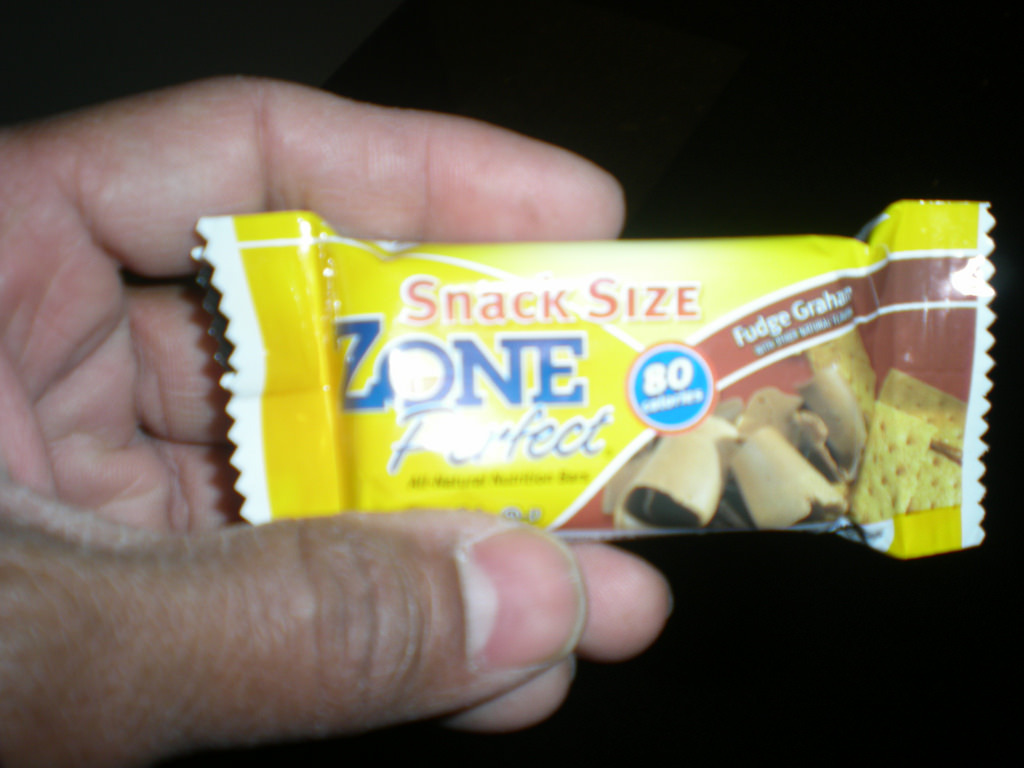Among other items, Abbott produces nutritional products like Zone Perfect bars. Photo: Flickr.com/ShashiBellamkonda
About Abbott
Illinois-based Abbott develops consumable and durable health care products for consumers and the health care industry. The company’s products are classified into one of seven categories: Nutrition, Diagnostics, Vascular, Vision Care, Diabetes Care, Animal Health and Pharmaceuticals. Abbott owns several brands that are well-known to consumers, including infant nutritional products like PediaSure and Similac, and adult nutritional products such as Ensure, Zone Perfect Nutrition Bars and EAS Sports Nutrition. Abbott also has pharmaceutical sales in more than 130 countries around the world.
Abbott Labs’ heritage stretches back to the 19th century. Dr. Wallace C. Abbott, who specialized in producing accurate, scientifically formulated medications, founded Abbott Laboratories. In 1888 – his first year of operations – his total sales were about $2,000.
In 1894, he incorporated Abbott Alkaloidal Company and later, in 1907, expanded internationally by opening an office in London. The company first offered stock in a public offering in 1929 and has grown by a factor of over 10,000 since then, both organically and through acquisitions. In 2010, Abbott became the largest pharmaceutical company in India.
In 2013, Abbott spun off its worldwide pharmaceutical research & development operations, which was rebranded as AbbVie (and which inherited Abbott’s S&P Dividend Aristocrat label).
The company is a member of the S&P 500 index and trades under the ticker symbol ABT. Abbott has been a Dividend Aristocrat since 1997.
Abbott’s Dividend and Stock Split History
Abbott has increased dividends annually since 1973. Over the last two years, Abbott has announced annual dividend increases in December, with the stock going ex-dividend in January.
Abbott has compounded its payout at an average rate of 14.9% over the last 5 years.
Since beginning its record of dividend growth in 1973, Abbott stock has split seven times. Two-for-one stock splits occurred in August 1975, May 1978, May 1981, May 1986, May 1990, May 1992, and May 1998. (The company also split the stock three-for-one in April 1964.)
Direct Purchase and Dividend Reinvestment Plans
Abbott has both direct purchase and dividend reinvestment plans. The plans are only open to existing shareholders of Abbott stock. What this means is that if you do not currently own any Abbott stock, you have to buy at least one share through a broker and then have the shares transferred into your own name. (When you own shares through a broker, from the company’s perspective the broker is the registered shareholder. The broker then keeps track of the various company stock that you own. Your broker can give you more information on how to register the shares in your name.) Investors interested in participating in either of these plans can find information at ComputerShare’s Investment Plan site. If you’re interested in directly purchasing Abbott stock, the minimum purchase is $25 whether investing by check or by automatic debit.
From a fee standpoint, Abbott has made the plans very friendly to investors. There are no fees for purchasing shares through the direct purchase plan, as Abbott pays both the transaction and per share fees on your behalf. Abbott also pays all your fees for purchases when reinvesting dividends in additional shares.
When you go to sell your shares in the plan, you’ll pay a transaction fee of 15 cents per share. There’s an additional fee of $25 if you request that your shares be sold in a market order instead of a batch order. The plan administrator deducts the fees from the proceeds of the sale.
Helpful Links
Abbott’s Investor Relations Website
Current quote and financial summary for Abbott (finviz.com)
Information on the direct purchase and dividend reinvestment plans for ABT
Want to find out about more great dividend growth stocks?
Check out the list of current S&P Dividend Aristocrats.
